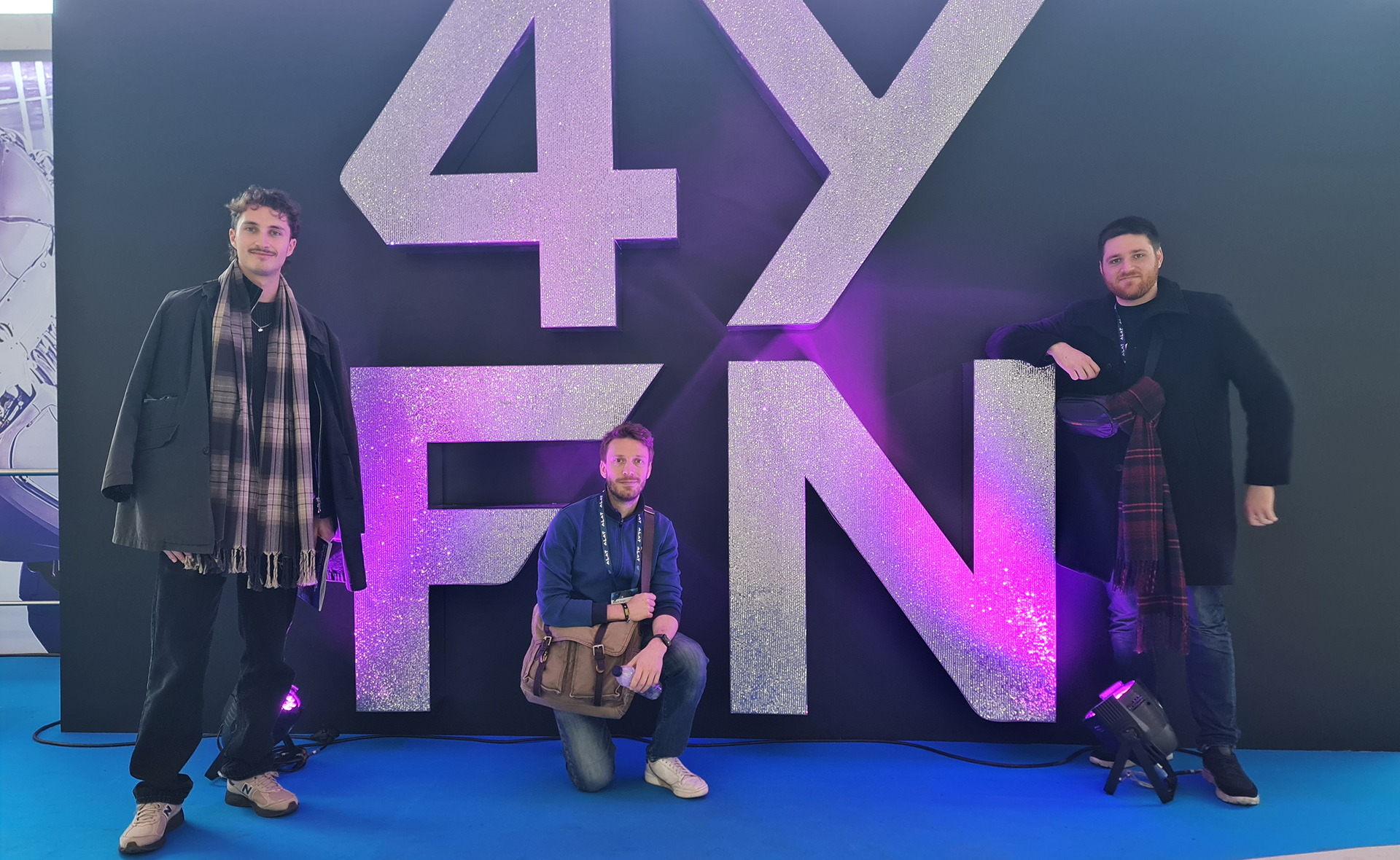GALA 2018 conference in Boston
Translation Tech
Machine Translation (MT) and Neural Machine Translation (NMT) as well as Artificial Intelligence (AI) took centre stage. It is clear for everyone that the industry has changed massively during the last 5-10 years and would likely continue to do so.Translation technology companies are investing heavily in developing new features to embrace the new advances in MT and NMT – for instance MemSource launched during the conference an AI bonus feature to assist with post-editing. The system is now able to identify (reportedly, with 98% accuracy) non-translatables from a text and mark them directly as approved segments, thus locking them for translation – making the post-editing job not only cheaper but also faster.
What is Quality?
A lot of the conversations diverted around the future of the profession. Although the technological advances may seem scary for the translator, the general consensus was that the human figure will not be replaced any time soon. The access to MT will contribute to a higher demand of translated texts, as users will expect to have more and more documents in their languages. At the same time, they will also make demands for better quality.
And quality was indeed another favoured subject during the conference. What is quality? Who or what defines quality? Is the end-user satisfaction always what matters most? And if so, how do you evaluate customer satisfaction? What defines customer success?
Big Data
Big Data stood out as another hot topic for the future of the profession. Language providers are concerned with finding ways to take part in the big data revolution. Questions raised were how best to a) collect data and b) make use of all the data available to conduct meaningful analysis and infer useful conclusions from it. Ivan Smolnikov, CEO and Founder of SmartCat, proposed using the data LSPs have about their translators’ performance to work with them to improve quality and gain efficiencies.
It was exciting to be reminded that Locaria are at the forefront of these discussions with our ground-breaking data-driven approach to localisation. Using the tools that we have built in-house to analyse data, we are already able to support our clients to:
- get local insights and use local language content only where it is meaningful for customers
- be more locally-relevant and customise content to meet customer expectations
It was clear from the conference that these capabilities are something that both big corporations and smaller organisations will demand more and more.



